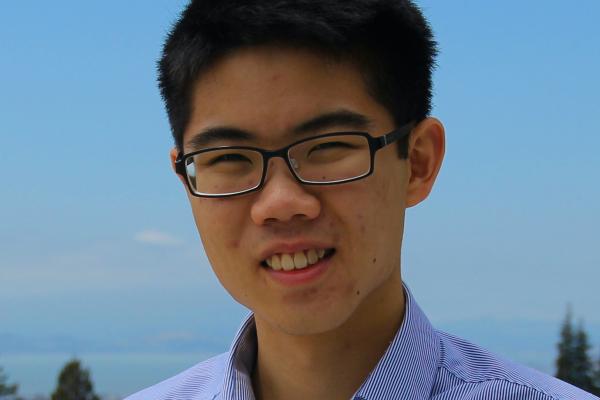
Mon, October 2, 2023
10:00 am - 11:30 am
1080 Physics Research Building
Dr. Nathanan Tantivasadakarn
California Institute of Technology
From Wave-Function Collapse and Galois Solvability to the Realization of Non-Abelian Topological Order on a Quantum Device
Location: 1080 Physics Research Building, Smith Seminar Room
Faculty Host: Yuan-Ming Lu, Kyle Kawagoe
